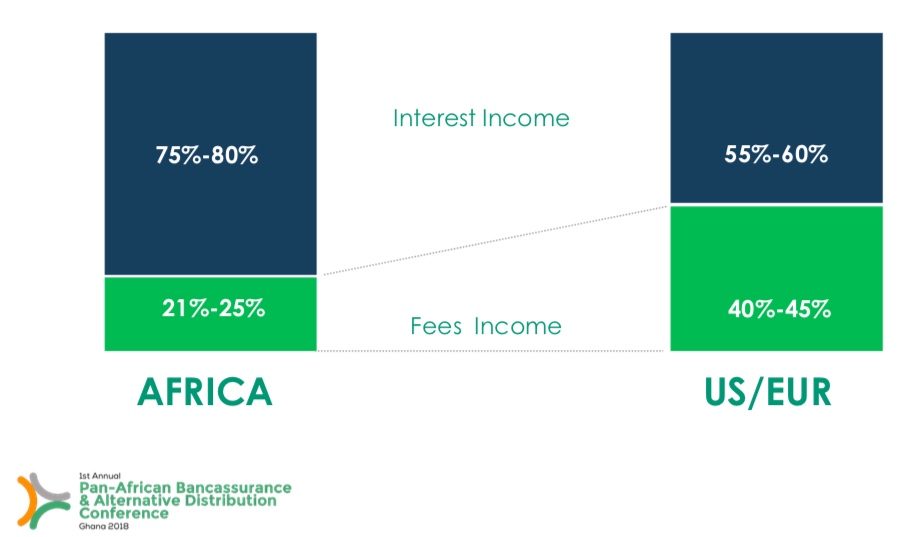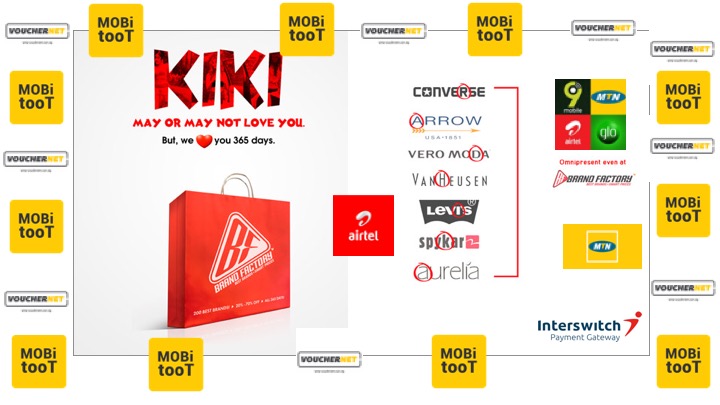
V
Experience has taught me that the easiest target of employers is an employees’ self-worth and self-esteem. Once this is touched even if just once, the employees spiral downwards can only be best imagined than experienced. Being one that has been a recipient of that dose of treatment and is living to testify about it, trust me, you don’t want to be there. Employers toy with your self-worth in so many ways: from poor salaries to unpaid bonuses or even salaries, to appraisals that are at best subjective and only tries to “fulfill a yearly ritual” and it is a tool for managers to either get back at you or tie down your future to any act that they find can manipulate you to doing their bidding so you get that nice yearly bonus or even a promotion, to how you are regarded. These sort of experiences with employers has led people to the ultimate end, driven people to become insane or develop psychological disorders that families are unable to unravel. The latter impact is the crux of this blog post and why you must fire your employers before they ever get to you!
I have a challenge for the HR-teams across the globe. Please show me an appraisal process that has nothing subjective about it. Until organizations are able to actually exact a 360degree evaluation of employees and their superiors, and use input from both as well as that of an external observer, with only measurable objectives as the basis of the evaluation from all sides, the metrics for ranking properly established and therefore even a non-technical observer can pick up the activity report of any employee and rank their performance. The problem is that HR-teams that are meant to be rendering a service to the organization are at best, payroll and personnel package and training administrators. The value they are to bring into organizations are lost in these also essential activities but obscure the real impact they can create for the organization. Managers are tasked to create these metrices but that is already a failed process before implementation. Most managers in both public and private organizations have no business being managers of people or business processes in the first place. They are mostly titled persons who lack the fundamental skill sets of dealing with the business let alone something as complex and complicated as 1 employee!
The human mind and body is a work of creation than cannot be replicated. That makes each one of us unique. From our birth, differentiators begin to change our being and how we interact with the immediate environment. The cumulation of our individual experiences and how we have processed those experiences is what makes us to be that unique person with varying degrees of the multiple emotions and projections of ourselves in any given situation. The Myers Briggs personality type indicator (MBTI) says we have 4 dominant personality types and the variations of each of these types in each person causes there to be 16 quadrants that will define a person’s personality. Myers Briggs is only one of several behavioral scientists that have delved into this area of human psychology but there are several hundreds of such studies with the personality types even extending to 64. You now have the complexity of the interactions of different personality types and these studies have been used in saner climes for effective team composition when real problems of the world need to be solved. Fact is, when you group a certain bunch of people together without consideration for their personality types and how these personality types interact, you will be unknowingly creating a recipe for disaster in your organization. The postulations of Myers Briggs however has several loopholes with the predominant being its reliability, validity, utility objectivity, and relevance to dichotomies. It also does not led itself well to psychometric scales
Knowing therefore that most employers do not take into account these salient but crucial subject matter to heart and dutifully seek to get the best out of their employees, they appoint managers that are poorly prepared to fill the role of a manager and start playing catch up to train the managers to become “managers”, at this time it is already too late because this ill prepared manager is already interacting with your employees and the turn-out can be as good as sticking your finger in your mouth and raising it up in the air to find out which direction the wind is blowing. Before you know it, employees are becoming uncomfortable, there’s back-biting and rumors peddling, uncertainty about futures in the organization, favoritism and all those soft issues that cause you to wake up and dread going to the office. When you get to this point, you become a liability to the organization and are just working to see the next pay-check. For you and the organization, this is the worst state of affairs. Somebody has to leave or the organization may collapse depending on the percentage of employees in that situation. Absenteeism and employees falling sick becomes the order of business. Some may be rightfully sick, others pretend to be sick so as to attend to other matters while most are actually psychologically traumatized!
My remedy is two-fold: 1. A complete overhaul of the organizations HR-systems to cater for employee anxiety and sense of belonging. This is the hardest part of any organization to deal with after the bottom-line (there will be no organization if the bottom-line or projections are not looking up). But you need people to fix the bottom line so, this seems like a chicken and egg situation.
2. Fire your employer! The rest of this blog will be dedicated to this part.How do you fire your employer you may ask? You did not offer your employer a contract you may say but, I have to correct you. You did offer your employer a contract. It is a psychological contract. This is the aspect of your employment contract that is not written but, an existing mutual understanding that when you do something for the employer, the employers will do something for you. It is that aspect that deals with what motivates an employee when the employer fulfills their part. The employer expects to get loyalty, commitment, presence at work, conformance etc. It therefore comes clear that when the employer fails to respect the psychological contract. According to Furnham A. (2012) The emotional contract at work. In: The Talented Manager. Palgrave Macmillan, London, a breach of the psychological contract can spell doom for a company. So, to get the most of your written contract, the psychological contact must go hand in gloves with it. Since the psychological contract is often broken by most employers, it is therefore important that employees psychologically terminate this contract even before it becomes apparent. This should not be taken in the negative light. It just means that you as an employee shouldn’t hold much expectations from the employer as a commitment to the psychological contract. This is the part that affects morale, motivation, commitment, love, a sense of belonging, loyalty, and it is often broken even within the 1st month of employment.
The steps to fire your employer are deliberate steps taken by an employee from the day the formal contract is written. In a nutshell, this step involves creating a revenue stream from your earnings that will replace your paycheck from your employers and take care of your daily living expenses. For starters, you must invest time in learning about what investments you can make with your salary. Build a property portfolio (buy low, sell high), invest in money market securities, invest in currencies to hedge against fluctuation or variations, invest in the Stock market (blue chip stocks mostly), Invest in your ideas that are economically viable. When you fire your employer psychosocially, you set yourself up for winning! You cannot do what you did not do after spending years in the company and didn’t do them. So, when you are being unfairly treated by your employer, FIRE THEM!!! BE PREPARED FOR ALL THAT IS TO COME WHEN YOU DO NOT HAVE A PAYING JOB. Start planning for your eventual departure from your employers from the 1st day you employed.











Comments